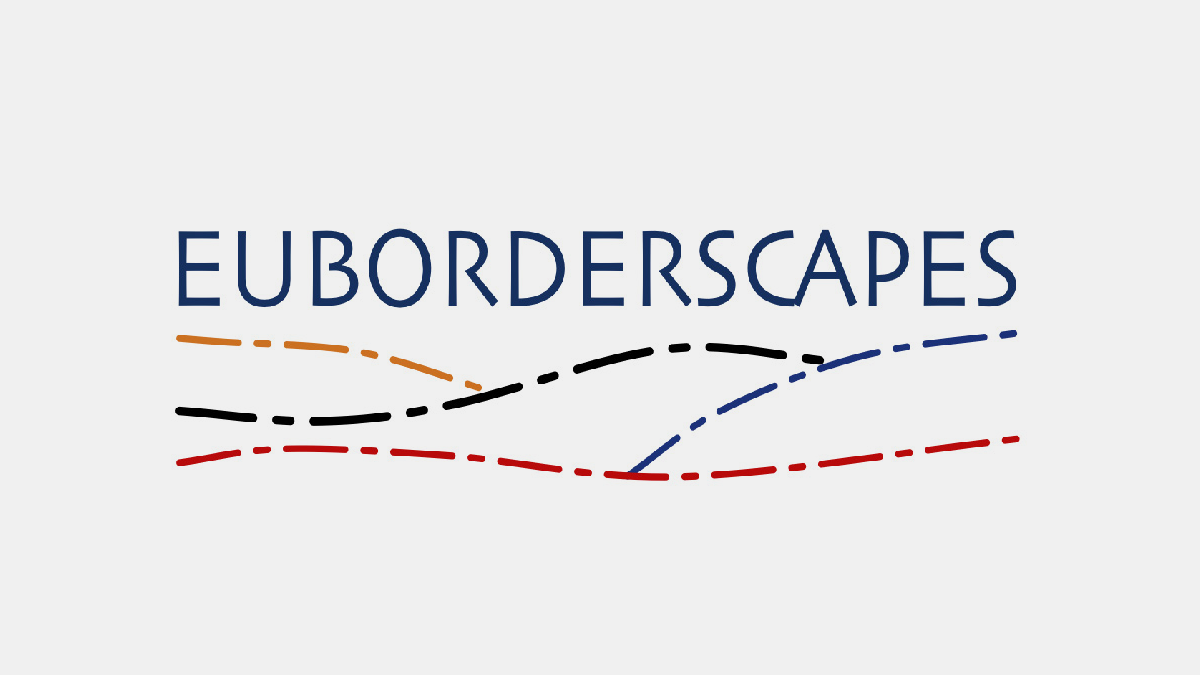EUBORDERSCAPES

Title
EUBORDERSCAPES: Bordering, Political Landscapes and Social Arenas: Potentials and Challenges of Evolving Border Concepts in a post-Cold War World.
Founder
- European Commission (7th Framework Programme)
Description includes the aims of the project
- The EUBORDERSCAPES project will study conceptual change in relation to fundamental social, economic, cultural and geopolitical transformations that have taken place in the past decades. In addition, major paradigmatic shifts in scientific debate, and in the social sciences in particular, will also be considered. State borders are the frame of reference, rather than ethnographic/anthropological boundaries. However, this approach emphasises the social significance and subjectivities of state borders while critically interrogating “objective” categories of state territoriality and international relations. The research proposed here will, furthermore, not only be focused at the more general, at times highly abstract, level of conceptual change. This approach will also allow us to compare and contrast how different and often contested conceptualisations of state borders (in terms of their political, social, cultural and symbolic significance) resonate in concrete contexts at the level of everyday life.
Timeframe
2012 – 2016
Partners
- Radboud University Nijmegen/Nijmegen Centre for Border Research
- Middle East Technical University/Centre for Black Sea and Central Asia (Turkey)
- Institute of Geography-Russian Academy of Sciences
- Universidad Autónoma de Barcelona
- University of Tromsø
- Queen’s University Belfast
- Ben Gurion University of the Negev
- University Umea
- University of Bergamo
- Kharkhiv National University
- Centre for Advanced Studies (Bulgaria)
- Leibniz-Institute for Regional Development and Structural Planning
- Centre for Population, Poverty and Public Policy Studies (Luxembourg)
- Centre National de la Recherche Scientifique-Pacte (Francja) / Université Joseph Fourier (France)
- Centre for Regional Studies (Hungary)
- Centre for Independent Social Research (Russia)
- University of Helsinki
- University of East London
- University of Eastern Finland (UEF) Karelian Institute
Engaged persons
- Prof. James Scott
- Prof. Iwona Sagan
- MSc. Dominika Studzińska
- Dr Magdalena Szmytkowska
- Dr Klaudia Nowicka
- MSc. Katarzyna Barańczuk
Products
- Domaniewski S., Studzińska D., 2016, The Small Border Traffic Zone between Poland and Kaliningrad Region (Russia): The Impact of a Local Visa-Free Border Regime, Geopolitics, DOI: 10.1080/14650045.2016.1176916.
- Working papers
- Newsletters
- Website